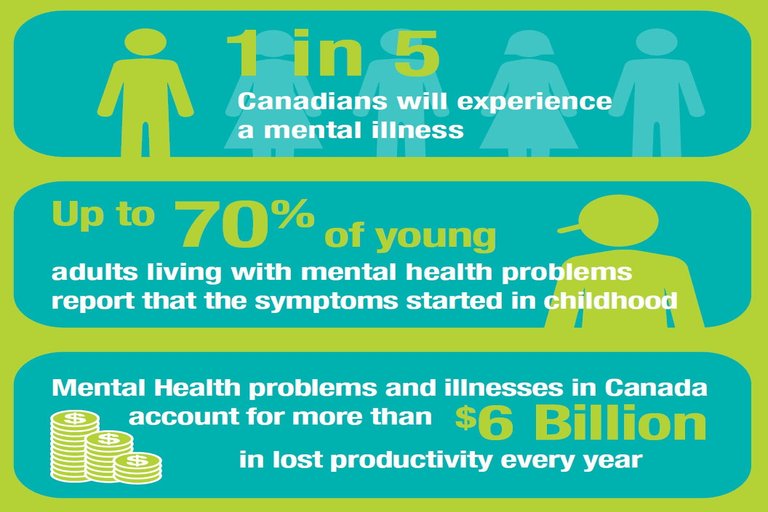A New Push for Mental Health Awareness in Canadian Workplaces
Employers across the country are adopting innovative approaches to address mental well-being, aiming to destigmatize mental health conversations and support employee wellness at every level.
Published: June 15, 2025 at 20:26
By: By Marcus Reid, Tundra Bulletin

Mental health awareness in Canadian workplaces has taken on new urgency as companies face rising burnout and stress among employees. Over the past year, a growing number of employers have begun integrating mental health programs directly into their organizational structures, seeking to address what experts are calling a silent productivity crisis.
Several major corporations, including banks and tech firms, have introduced in-house counseling services, mental health days, and mandatory manager training to help identify early signs of emotional distress. These initiatives reflect a broader cultural shift toward recognizing mental health as essential to employee well-being.
In Toronto, an insurance provider recently piloted a 'mental wellness stipend'—a monthly reimbursement for therapy, yoga, or mindfulness apps. Early data from the pilot indicates a reduction in short-term sick leave and an increase in reported job satisfaction among participants.
Dr. Lara Menon, an occupational psychiatrist based in Vancouver, notes that COVID-19 dramatically accelerated the conversation. “We saw a surge in anxiety, depression, and isolation during the pandemic, and workplaces had to react. But now we’re seeing lasting structural changes,” she says.
Government initiatives have also played a role. In Alberta, the provincial Ministry of Labour has partnered with local chambers of commerce to distribute mental health toolkits designed specifically for small businesses, which often lack the resources to provide comprehensive benefits.
Despite progress, gaps remain. A 2024 survey by Mental Health Research Canada revealed that only 42% of Canadian employees feel comfortable discussing mental health with their supervisors, highlighting the lingering stigma still associated with the topic.
To counteract this, some startups have taken a peer-led approach. At a Montreal-based software company, monthly “mental health circles” allow staff to speak freely about their experiences in a confidential setting. Participation is voluntary, but uptake has steadily grown.
Unions are also advocating for mental health protections. Several collective bargaining agreements ratified this year include language on psychological safety, setting precedents for grievance processes linked to emotional harm or burnout.
Industry analysts say that while mental health was once relegated to HR departments, it's now viewed as a boardroom issue. Companies that treat mental health seriously are seeing benefits in retention, morale, and even customer service outcomes.
As public discourse evolves, many hope that Canadian workplaces will continue to lead by example—creating environments where employees not only survive but thrive mentally and emotionally.